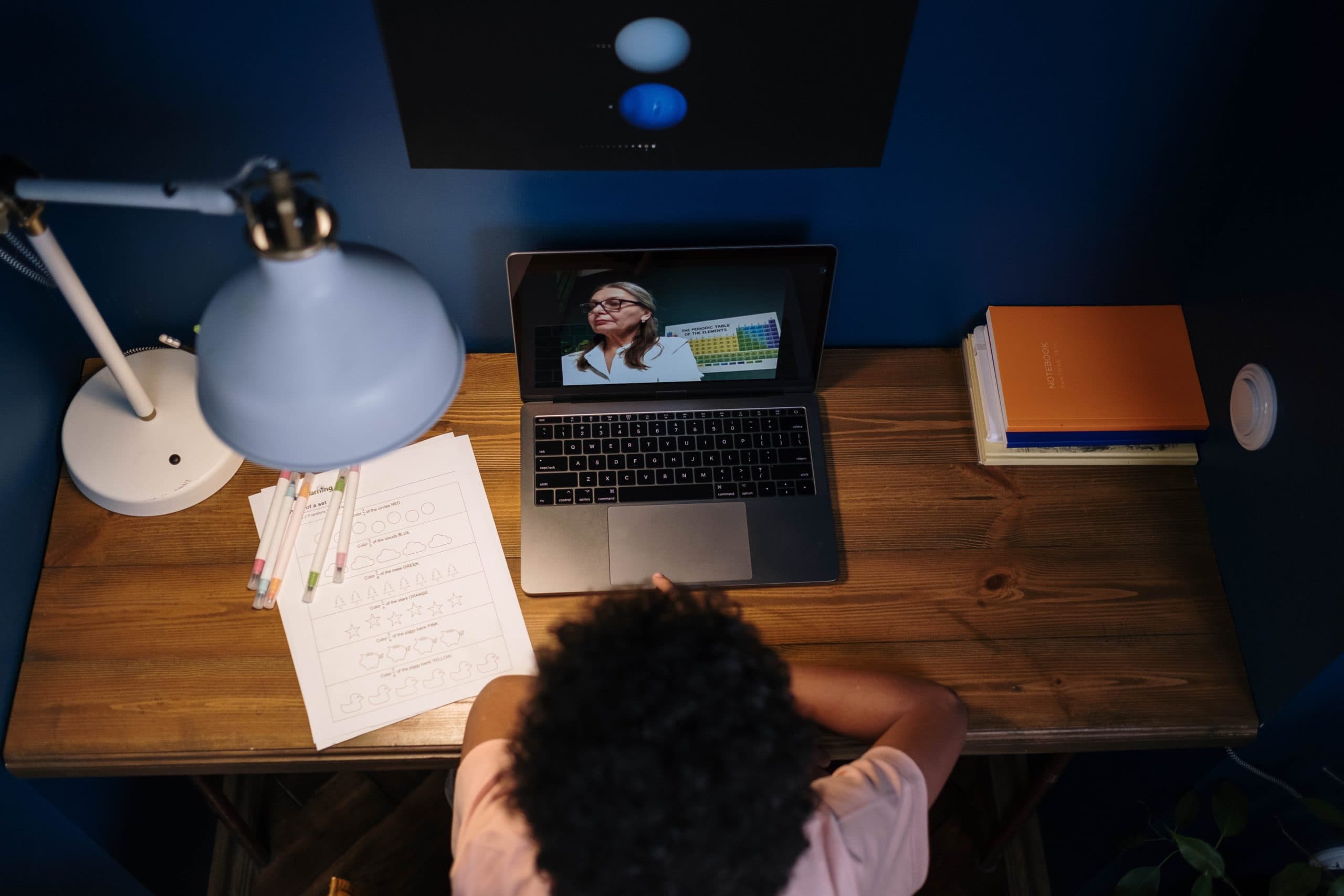Four Riverside County students’ class-action suit against California’s remote special education practices was dismissed a second time, on appeal.
The students, through their parents, argued that the school districts should have modified their individualized education programs (IEPs) when the schools transitioned to remote teaching due to the coronavirus pandemic. IEPs are special education plans schools must create and follow for special needs students. They claimed their schools violated the Individuals with Disabilities Education Act and the 14th Amendment.
“By transferring these students to distance learning without even learning what accommodations needed to be made for these students, they have been set up for failure and, thereby, denied a








